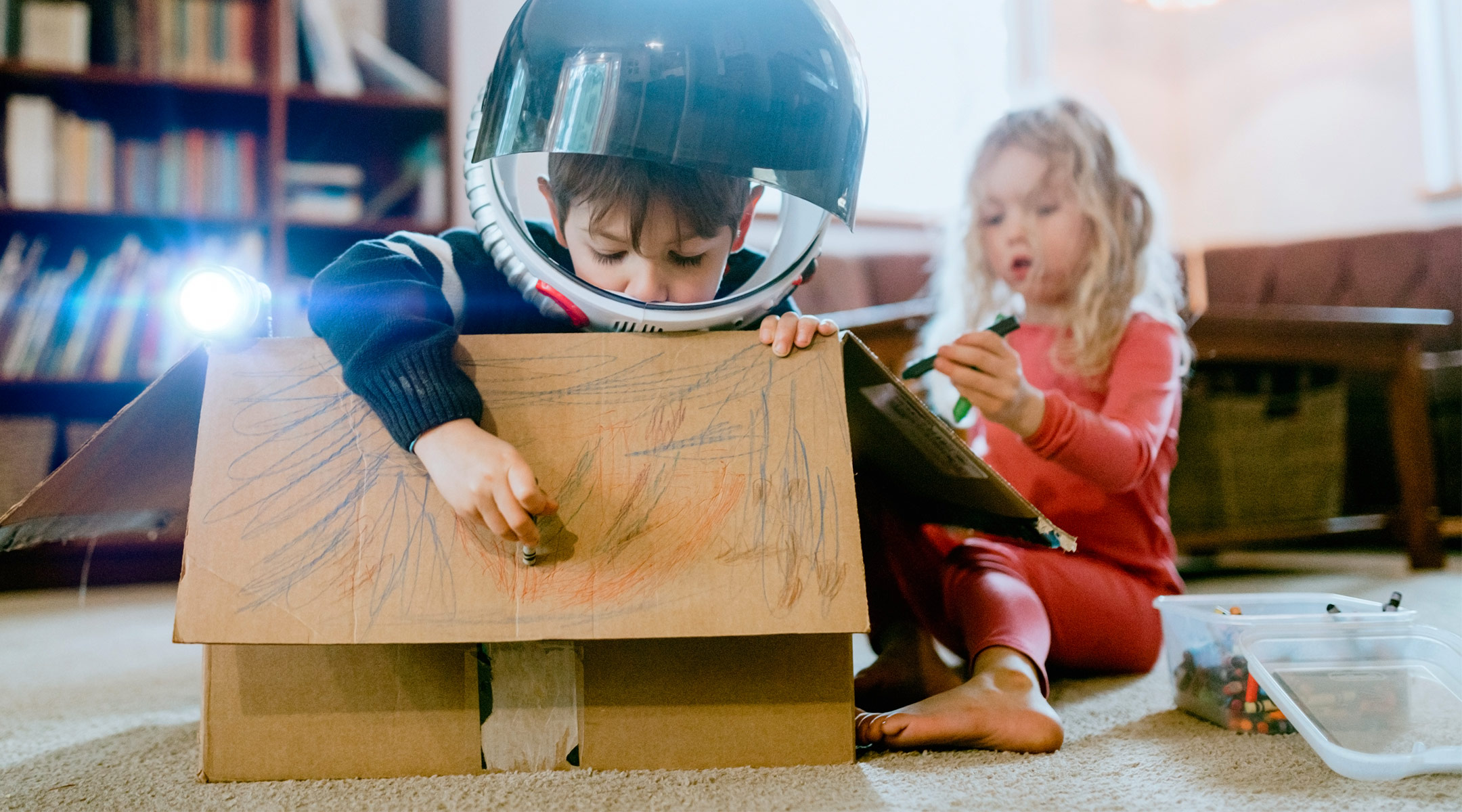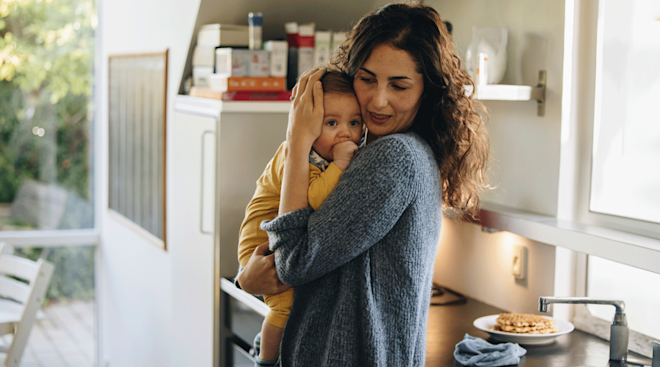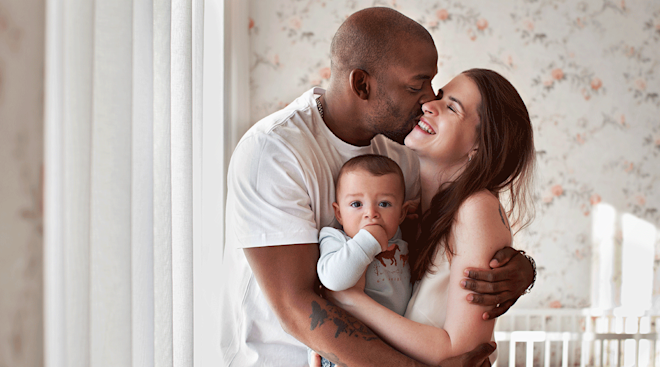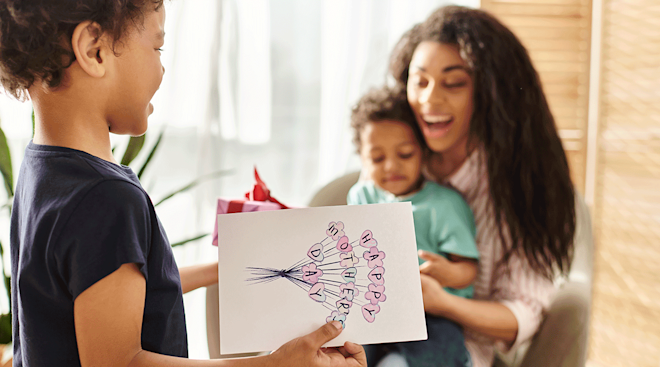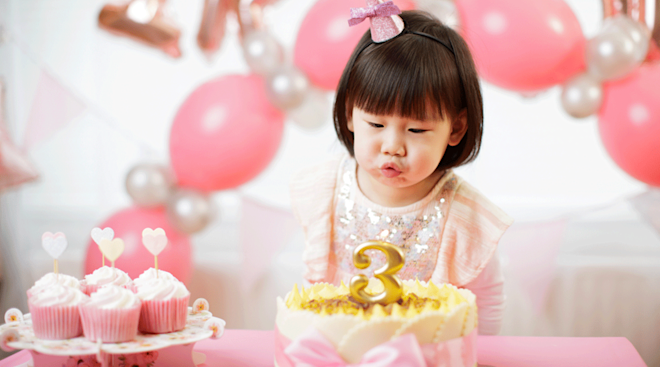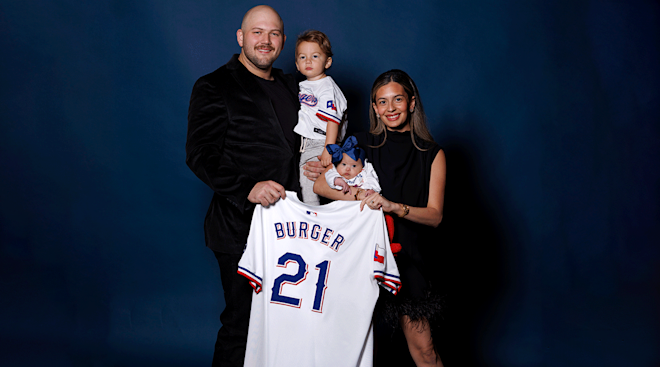6 Ways to Teach Your Child to Embrace Kids With Autism
If you don’t personally know someone with autism spectrum disorder (ASD) today, chances are, your child will by the time they’re in elementary school. After all, the CDC notes that 1 in 59 children are diagnosed with ASD by the age of 8, leaving little doubt that your child will encounter peers with this diagnosis in school, at the playground, during camp—anywhere, really. But just because it’ll surely happen doesn’t mean it’ll automatically be smooth sailing. Even the most friendly and empathetic kids can be thrown off by the unexpected. “If children haven’t had any experience with people with differing abilities, such as those with autism, they may initially respond in confusion, shock or fear,” says Tara Martello, MS, OTR/L, a pediatric occupational therapist and founder of Grow Thru Play, a occupational and physical therapy center in Philadelphia that specializes in ASD, sensory integration and more. It’s up to us—the grown-ups—to help tweak that reaction and foster understanding and genuine friendships. Here’s how.
Kids are kids. Chances are, your child has more in common with their autistic classmates than not. “Teach your child how to find common ground,” says Rondalyn Varney Whitney, PhD, OTR/L, an associate professor of occupational therapy at the West Virginia University School of Medicine in Morgantown. (“Charlie’s wearing a dinosaur T-shirt. You love dinosaurs! Why don’t you ask him which is his favorite?”) If your child feels stuck, simply brainstorm a point of connection. (“Do you both like Barbie? Does she have a pet like you do? I heard Libby has a baby sister like you.”) “All relationships start with what we have in common,” Whitney says. “We talk about what those things are, we share experiences and we build memories together as we share our mutual interests. To bring a child—any child—into a closer circle, there has to be those common interests.”
Your child is your most captive audience. “How you react, interact and emote toward people that are different from you lays the foundation for how your children will react,” Martello says. If, for instance, you don’t include classmates with special needs (of all kinds) into your playdate repertoire or birthday party planning, that sends a message to your kiddo that these children aren’t worthy of friendship. At the same time, if your child does something like point at someone in a wheelchair or someone who’s flapping their hands and you instantly bellow, “don’t point!” and rush away, you’re essentially saying any kind of disability or difference is somehow bad. These are both roadblocks to your child building relationships with ASD kids, Martello notes. If your child is pointing, simply (and gently) remind them that pointing at anyone is bad manners, but then take a pause and honestly answer any questions your child might have. “In fact, encourage questions,” Martello says.
“Some children with autism like to learn everything there is to know about one subject area, or they to focus on one type of toy or play,” Martello says. If your child notices that their classmate with autism adores trains or puppies or butterflies, encourage your child to center their play and interactions around that topic. “It’s a great way to connect and start a friendship,” Martello says. You can even help your child look up some facts about Amtrak, bulldogs or Monarchs to share. (Having a child with autism over for a playdate? Take out some of these toys to play with.)
Truth be told, you see more differences in people than kids do. “In my experience, children don’t really care so much about hand-flapping or a lack of eye contact, things like that,” Whitney says. Before you pipe up with any thoughts on ASD behaviors you observe in the classroom or playground, see if your child has anything to say on the matter. “Often it goes something like ‘Joey doesn’t look at me when we talk’ and Mom asks, ‘What do you think about that?’ and the kid is all, ‘I don’t care, he’s good at swings,’” Whitney says. And if your child hits you up with “whys,” answer simply. Think: “For some kids and grown-ups, it’s just easier to hear when they’re not looking at you.” Or, “Hand-flapping is kind of like tapping your foot. It can help you feel calm or you may do it when you’re excited.”
The key is to think about ASD quirks as a differences and not deficits. “Talk to your child about traits that might be labeled deficits but are actually useful,” Whitney says. For example, being super-sensitive to sound is a big strength for Spiderman, musicians and linguists. Kids who are overly focused on details are pretty great editors and builders. “Think about it in terms of Marvel comics,” Whitney suggests. “Each superhero has a difference, and that difference—along with the human condition they have—makes them Marvel-ous.” Bonus: “Children who’ve been taught this way of thinking are more tolerant of their own differences too,” Whitney adds.
“Children are uniquely able to be inclusive,” Whitney says. “We tend to forget that skill as we age, which is really unfortunate. But kids? They often overlook differences and see similarities.” So instead of hyper-focusing on befriending a specific kiddo in class, work on cultivating overall kindness. “Kindness is really all about the ability to share, to be polite and to be respectful—to everyone,” Whitney says. Your kid can do all of the above and still not be best buds with their ASD classmate, and that’s ok. “Not all kids are going to be your child’s cup of tea. And that’s normal,” Whitney says. “Teach your child that there are different kinds of friends—best friends, friends, classmates we are friendly to and have little in common with, and people we might know but don’t have a relationship with—and they all deserve kindness from their peers.”
Published April 2019
Plus, more from The Bump:
Navigate forward to interact with the calendar and select a date. Press the question mark key to get the keyboard shortcuts for changing dates.
































